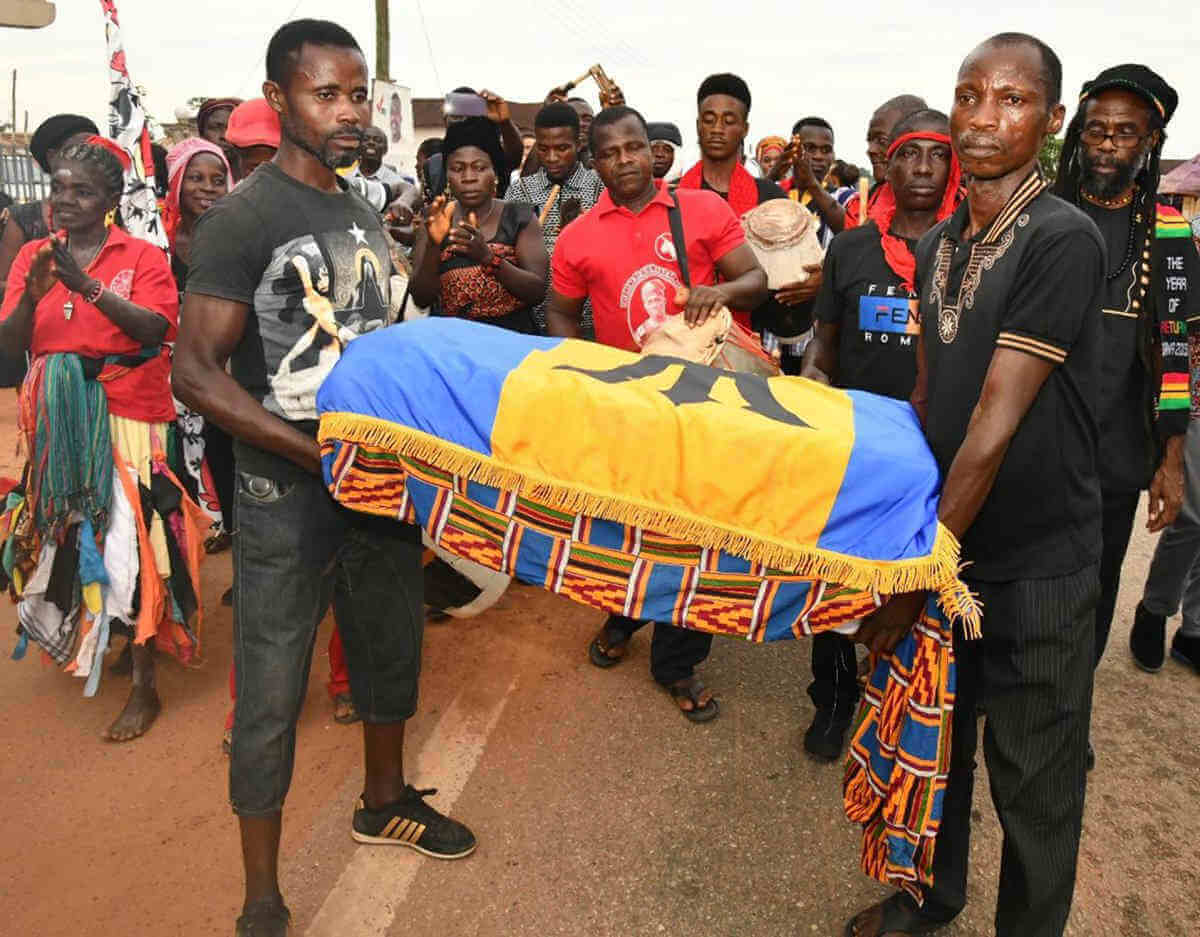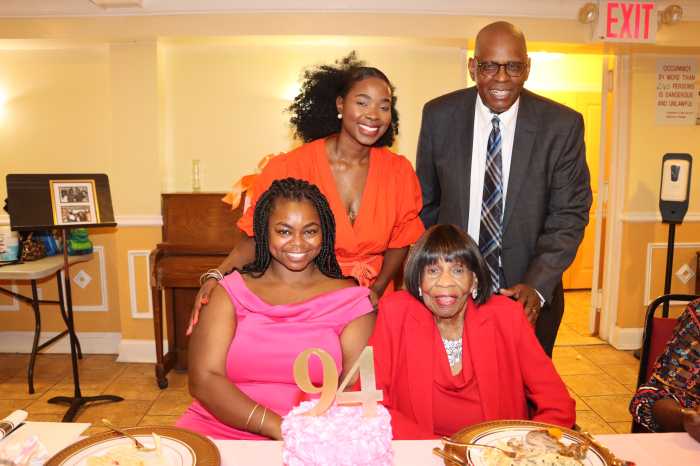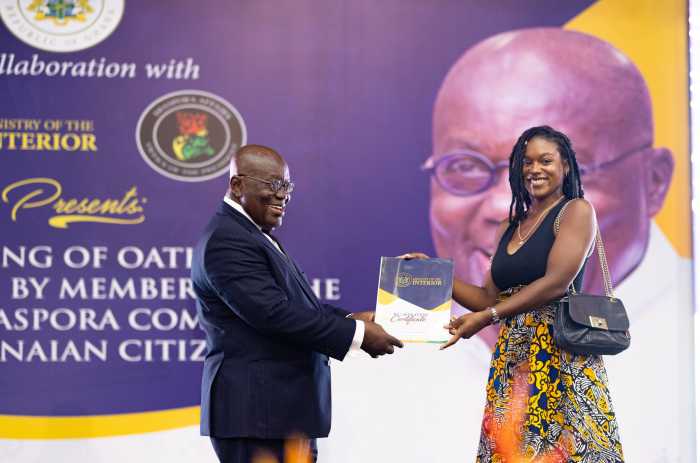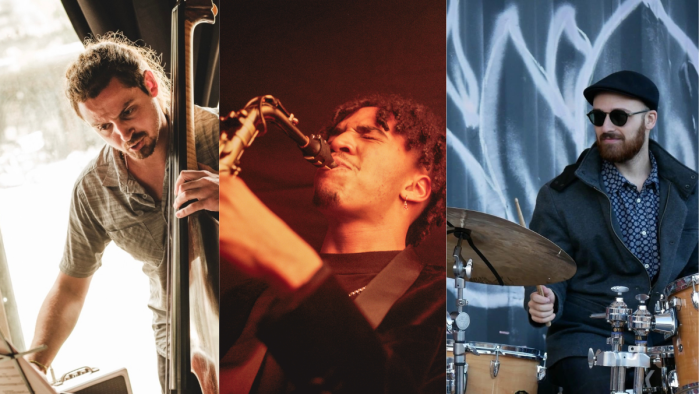In a moving symbolic ceremony Barbadians have reconnected ancestors who left the west African coast as captives and served as slaves for over 300 years when remains from one of the island’s cemeteries was taken back and interred in Ghana.
Prime Minister Mia Mottley in mid-November led a team to Ghana, from where many captured Africans were sent to the Caribbean, Brazil, and southern United States beginning in the 16th Century, and handed over to Ghanaians soil taken from a slave burial ground, in Newton Plantation.
The Newton Slave Burial Ground is a 4,500 square metres area in the plantation in which an estimated 570 slaves were buried here, some in low earthen mounds, others in non-mound graves.
Though described as ancestral remains, the Barbados package to Ghana comprised only soil from this hallowed ground as authorities wanted no defilement of the bones belonging to those forced into the indignity of slavery.
The Barbados repatriation package was handed over the officials in Ghana who buried it in Assin Manso, the location of a Cape Coast market for trading in captured Africans and a cemetery for those who did survive the early brutality prior to the trans-Atlantic journey.
Former American slave, Samuel Carson, and former Jamaican slave, Crystal, were reportedly re-buried here previously.
In this zone there is also the Slave River where those captured on inland areas of the continent received their last bath before taking the horrendous journey across the sea, a precursor to the horrors of slavery.
In the vicinity of Assin Manso and along the shore are also a number of forts and castles, used to facilitate the trade in Africans.
“We have bridged the Atlantic Ocean,” on the first day of the two-day visit when the ancestral remains were buried.
“We bridged the Atlantic Ocean by the depth of passion in our hearts, by the commitment to be able to build and work together and by understanding that our values and culture are the same.”
Against the backdrop of air services agreements signed between Ghana and a number of Caribbean states, when President Nana Akufo-Addo visited the region earlier this year, Mottley pointed out that the shortest distance between Ghana and Barbados is a straight line across the Atlantic, and said, “we shall no longer want to go north but work with each other because … [of] the blood that runs in our veins.”
As it stands now, a Caribbean person wishing to visit Ghana or any west African state must undertake an estimated 38-hour trip through either a north American or UK airport.
But the estimated time would be eight hours whenever direct flights from the Caribbean to the African west coast begin.
“This for us will be the first step because it’s going to be a long journey together,” she said of her visit to Ghana, leading Barbadian cultural and business representatives.
Putting real meaning beyond symbolism of the visit, Barbados and Ghanaian foreign ministers signed memoranda of understanding paving the way for trade between the countries’ ports and for the island’s recruitment of between 100 and 120 nurses from the west African state.

























